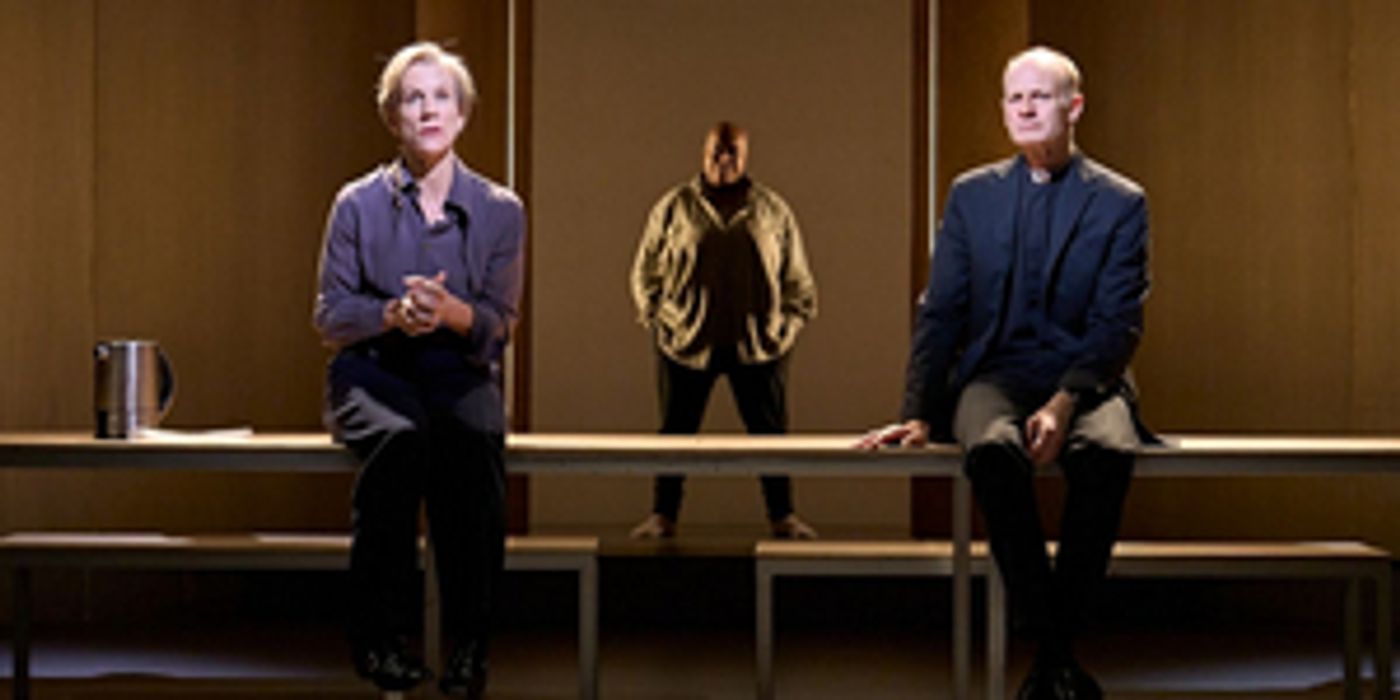Review Roundup: THE DOCTOR Starring Juliet Stevenson
What did the critics make of Robert Icke's magnetic play?

Robert Icke's The Doctor was first staged at the Almeida Theatre in 2019 and now receives its delayed revival in the West End. Starring Juliet Stevenson, the thought-provoking play touches on antisemitism, gender politics and the ethics of medicine.
What did the critics think?
Mert Dilek: BroadwayWorld: Three years on, The Doctor remains a dazzling tour de force that captivates both minds and hearts with its ingenious examination of a complex character in a complex world. From start to finish, this is theatre at its finest - and a renewed testament to Icke's exceptional talent as a writer and director. Unmissable.
Arifa Akbar: The Guardian: Juliet Stevenson plays the doctor with counterintuitive brilliance, starting at top volume and dialling down to present the quiet tragedy of a remarkable doctor who bears the fatal flaw of arrogance. Ruth is almost unique in a world where everyone is intent on using identity for their own ends, but where does her integrity stand, the play asks, in relation to her arrogance? The gender reversal of the role carries its own complicated irony: Ruth is a woman stranded in a man's world who is phlegmatic, patrician, overtly performing masculinity in order to survive.
Nick Curtis: Evening Standard: No play in the past 10 years has felt more tense, challenging, and intellectually provoking than this one. Director Robert Icke took Arthur Schnitzler's obscure 1915 text Professor Bernhardi and turned it into a dazzling analysis of identity, fake news and social-media pile-ons, which begins with a Jewish female doctor refusing a priest access to a dying girl.
Sophie Thomas: London Theatre: Icke taps into our unconscious bias from the get-go. As characters reveal their ethnicity or gender through words, we're left to build the characters through language, rather than at face value. In doing so, it takes away potential predictability, and we learn of events at the same time as Ruth Wolff. As she begins to understands how her ideas affect others, you almost watch the character's brain snap into action, and it's compelling viewing. Three hours fly by in a matter of minutes.
Laura De Lisle: The Arts Desk: Robert Icke is an expert in corporate tragedy. I don't mean that in a bad way - just that he has a penchant for taking classics (Hamlet, The Oresteia, Mary Stuart) and transporting them, with the help of designer Hildegard Bechtler, to the frosted-glass doors and pale wood of the boardroom. The Doctor... a sharp-tongued vivisection of identity politics, anchored by an astonishing lead performance from Juliet Stevenson.
David Benedict: The Stage: With women sometimes playing men and the casting non-racially specific, Icke makes drama out of the gap between the ideas audiences form when introduced to each character, and what turns out to be the truth about them. Far from a gimmick, his approach embodies the play's arguments about decisions people consciously and unconsciously make about identity.
The Doctor is at the Duke Of Yorks' Theatre until 11 December
Photo credit: Manuel Harlan
Reader Reviews
Videos

